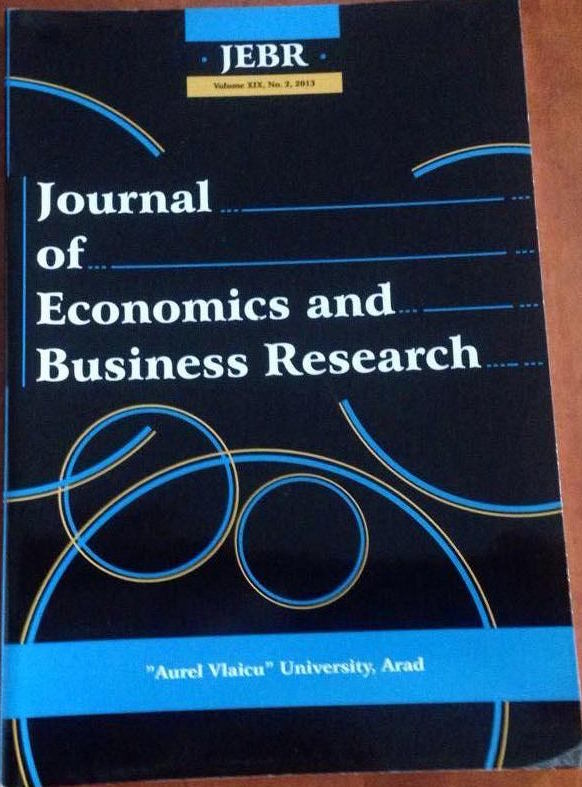From the European Union to Euroland -
Historical, Fiscal and Political Aspects
From the European Union to Euroland -
Historical, Fiscal and Political Aspects
Author(s): Eduardo Maria Piccirilli, Eugenia ŢiganSubject(s): Economy
Published by: Editura Universității Aurel Vlaicu
Keywords: Euro;Eurolandia; European Union; Treaty of Maastricht.
Summary/Abstract: The processes of normalization, internationalization, since its birth - the European Union - have never had a down hill ride. The hard times have been serious and numerous enough to even threaten it. On the tenth anniversary of its birth, the Euro seems to be going through another bad phase, threatening once again the Union as in the late seventies and early eighties of the last century. In that period a Frenchman, Jack Delors, head of the commission, with a lot of courage and determination, led the then European Community into the European Union with a single currency, the Euro.Today is the Euro to be questioned due to the sovereign debt crisis that, because of the great recession, countries have had to compensate for the drop in household and businesses spending with the increased public spending and/or load of tax reductions. In doing so they have had to widen the budget deficit and burden the public debt, which in many cases has caused difficulties in financing the deficit and refinance its debts, as investors have began to distrust the solvency of countries, especially in Eurolandia, where the lack of a single government and of a central bank that does not have the power to fund the States, makes it much more difficult to manage the crisis
Journal: Journal of Economics and Business Research
- Issue Year: 19/2013
- Issue No: 2
- Page Range: 18-33
- Page Count: 16
- Language: English

